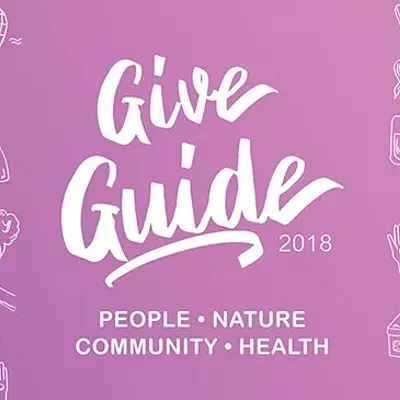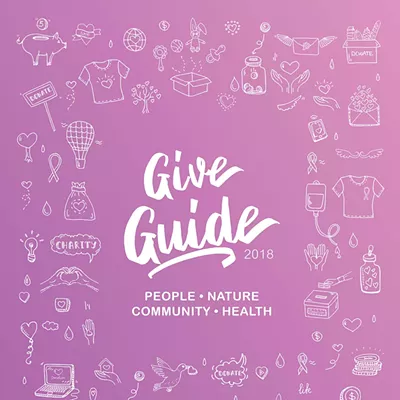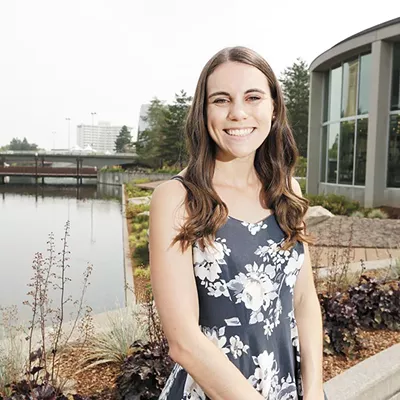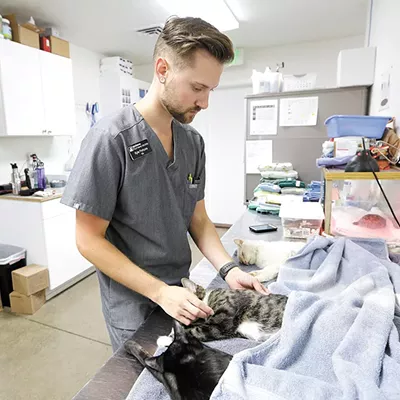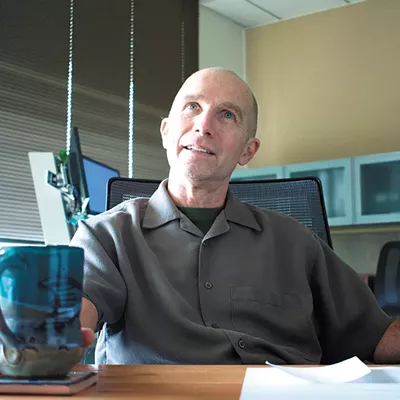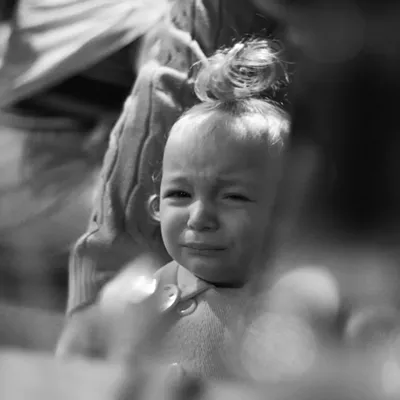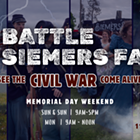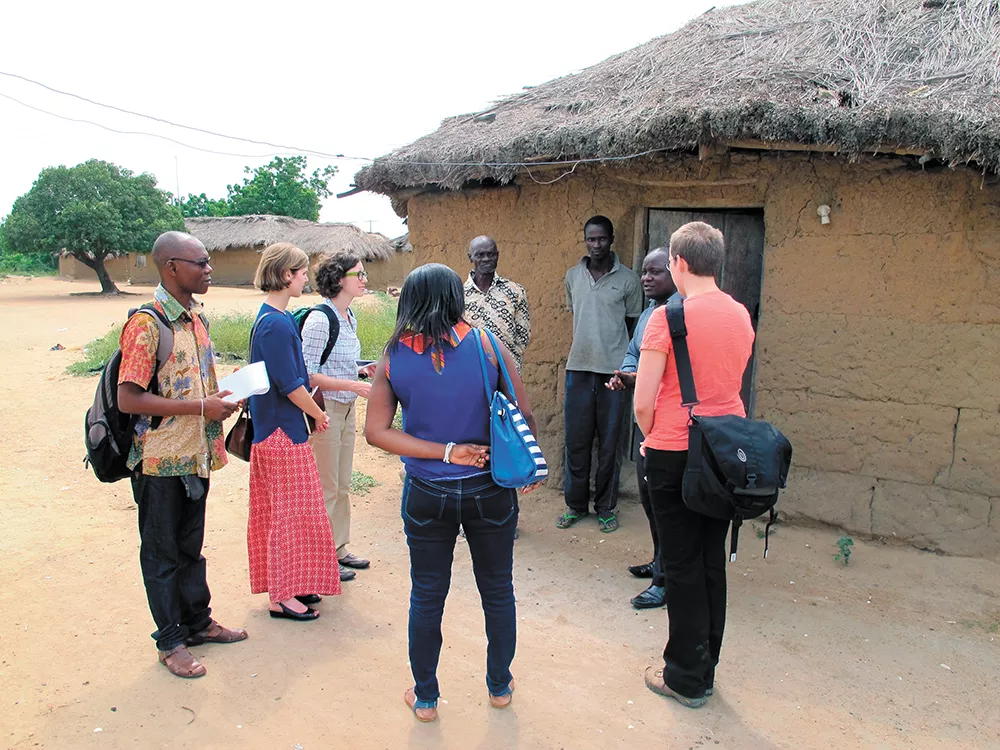
The 2013 TED talk from controversial Princeton University ethicist Peter Singer starts with an ugly video: A 2-year-old girl is hit and crushed by a van in China. Multiple pedestrians pass by without doing anything. Another vehicle runs over her legs before she's rushed to the hospital. She dies.
It's an obvious moral outrage, clear on its face.
But then Singer flashes up UNICEF stats: 6.9 million children under 5 died from poverty-related diseases in 2011.
"Does it really matter that we're not passing them on the street? Does it matter that they're far away?" Singer says. "I don't think it makes a moral difference."
Consider how much money we all spend on things we don't need, he says. What if you were able to, for example, send that money to the Against Malaria Foundation, which prevents thousands of deaths by distributing mosquito netting in very poor countries.
"Effective altruism," Singer says, "combines both the heart and the head."
It's not just about trying to make a difference because you're emotionally moved, he says. It's about doing the intellectual work to make a moral calculation to figure out to respond.
And then he passed along an even more provocative argument: If you really want to make a difference, don't work for a charity. Go into a career like banking or finance that can make you incredibly rich and then use that massive salary to help pay for four or five charity workers.
Maybe you don't buy that reasoning. But either way, the underlying calculation is one that everyone has to make: We all have a limited amount of money and a limited amount of time, two resources that could rescue people facing death, starvation, homelessness and poverty. The trick is how to spend it.
Making those kinds of moral calculations is the entire purpose of GiveWell, a national organization focused on rigorous analysis of international charities. Paying for school vouchers doesn't work, GiveWell concluded. Neither does giving kids "Scared Straight" tours of prisons.
"One thing that I would say is to be open-minded about what cause you support," says Isabel Arjmand, a GiveWell research analyst.
Things like providing deworming medication for children in impoverished countries may not be as flashy as, say, viral videos raising awareness of medical conditions, but the impact can be incredible. Give $2,000 to Against Malaria, GiveWell calculates, and you can literally save a person's life.
Another agency endorsed by GiveWell, GiveDirectly, sends cash donations directly to impoverished communities — where people can use that money to immediately improve their lives.
But whether you're donating locally or internationally, how do you determine what's a good investment?
Some charity ratings encourage you to judge the effectiveness of an organization on how much is spent on administration costs versus programming costs. But Arjmand says that's often a mistake. Often, hiring the best staff might be the key to having the greatest impact.
Instead, she encourages people to look for programs with a clear record of results and identify what's limiting the organization from helping more people.
"Imagine a program that delivers surgeries, where the bottleneck is the number of qualified surgeons in the area," Arjmand says. Giving more money won't necessarily fix that issue, Arjmand says.
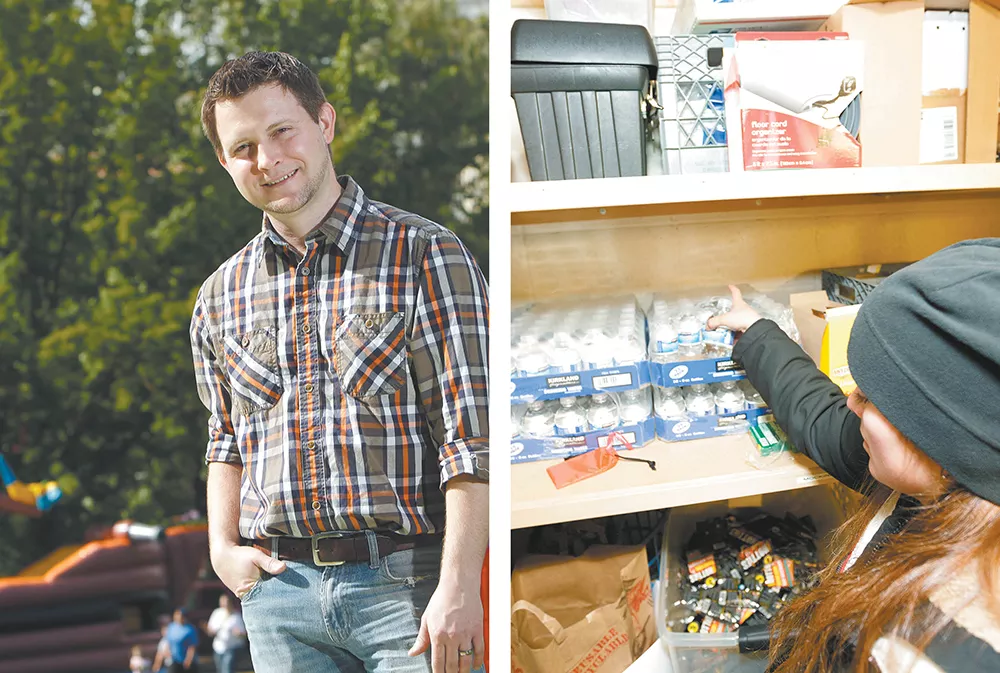
Jon Carollo, development director for the Volunteers of America, encourages people to check with the nonprofits first: Sometimes giving a huge ton of unsolicited physical goods can create big logistical challenges for the charities you're trying to help. Ask them what they need, and you can more effectively target the issue.
Ryan Oelrich is the executive director of Priority Spokane, a coalition of groups that try to zero in on the biggest problems of the Spokane area and fix them.
"I do go and I look at the data," Oelrich says. "What, societally, is really a problem?
He suggests doing due diligence on nonprofit organizations: Check to see if they're registered with the Washington Secretary of State. If they're not, it's a sign they may not be particularly organized or well established.
"Ask for an annual report," Oelrich says. "Who are your board members? Have they had a lot of board members resign?" Look at their budgets, he says: See where they're spending the money.
Some charity events, he cautions, are too focused on giving the volunteers an experience than actually accomplishing good things. "Everybody likes to feel good. Volunteering feels good," Oelrich says. "Is it just making me feel good or is it doing good for the other person?"
He's also highly critical of what he calls "volunteer tourism," short-term, drive-by volunteer opportunities more focused on gawking at those in poverty than improving their lives.
"An organization that every so often holds a meal where you can just show up and see folks that are homeless and then go back to your comfortable life is not really making a difference and touching or impacting a life," Oelrich says.
So what works? Mentorship programs like Big Brothers, Big Sisters work because they're about establishing crucial long-term relationships, he says. He also recommends Embrace Washington, an organization focusing on supporting foster families. In particular, he feels it's important to support nonprofits that help out kids. Childhood trauma can last for decades.
That's one reason why he calls on people to support Crosswalk, the downtown teen shelter run by Volunteers of America.
"They're our first line of defense for homeless youth," Oelrich says. "They do a lot with the dollars they're given."
Crosswalk doesn't just rely on donations, they also rely on volunteers, says Carollo of Volunteers of America. Every day Crosswalk has a four-hour shift composed entirely of volunteers.
"The shelters," he says, "are really the first step out of homeless for a lot of people." ♦



